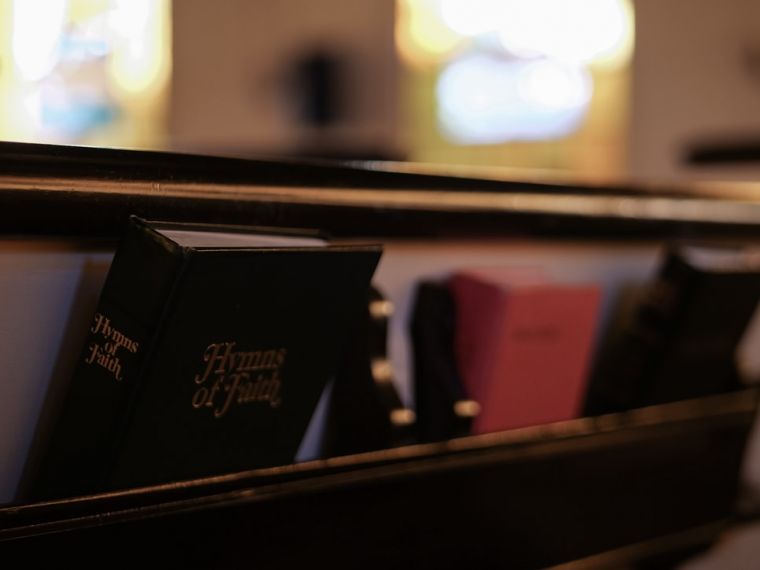Churches must engage in 'difficult conversation' about racial and ethnic injustice - report

Churches "must confront issues of racial injustice head on" with research, reflection and reparation, says a report by a new ecumenical body established in the wake of the Black Lives Matter protests and George Floyd's death.
The newly formed Racial Justice Advocacy Forum (RJAF) brings together the Quakers, the Sam Sharpe Project, United Reformed Church, Methodist Church, the Evangelical Alliance, Baptists Together, Churches Together in Britain and Ireland, and the Ascension Trust.
It says that churches must engage in the "difficult conversation" around racial and ethnic injustice both in society and in the Church, including "not only its historic legacies but sites of complicity and ongoing injustices present today in church life, ministerial formation, and community engagement".
The call is a response to the recent Government-sponsored Commission on Race and Ethnic Disparities report, which downplayed institutional racism as a factor in disparities between ethnic groups in the UK.
READ MORE: A Christian response to the Government's troubling report on race and ethnic disparities
The RJAF welcomed the commission's re-evaluation of the term 'BAME' to speak of black and minority ethnic people in the UK, but raised concerns that the report could "set back progress on racial justice by 20 years".
"The RJAF question the report's capability to conclude that institutional racism is no longer a key determining factor in Black and Brown people's ability to thrive in various aspects of British life," it said.
The group also criticised the report's "off-handed" remarks about slavery, its "distancing" from the Windrush Scandal, and lack of commitment to reparations, which the RJAF said should be a "key priority".
It also accused the commission of suggesting that ethnic minority communities are "waiting for government handouts" instead of working hard to make up for "institutional deficiencies" through initiatives like supplementary schools and community-based entrepreneurship.
In response, the RJAF said churches should participate in theological conversations about ethnic and racial discrimination, particularly around "the colour-blind/anti-politics stances that affect a community's ability to action justice for those experiencing discrimination and prejudice".
They should also work with other churches to lead by example on racial justice, and challenge racial and ethnic discrimination within churches and Christian institutions.
"In response to the Commission on Race and Ethnic Disparities report, this report seeks to make recommendations that will help churches to begin or continue engaging with racial injustice in the twenty-first century," the RJAF said.











